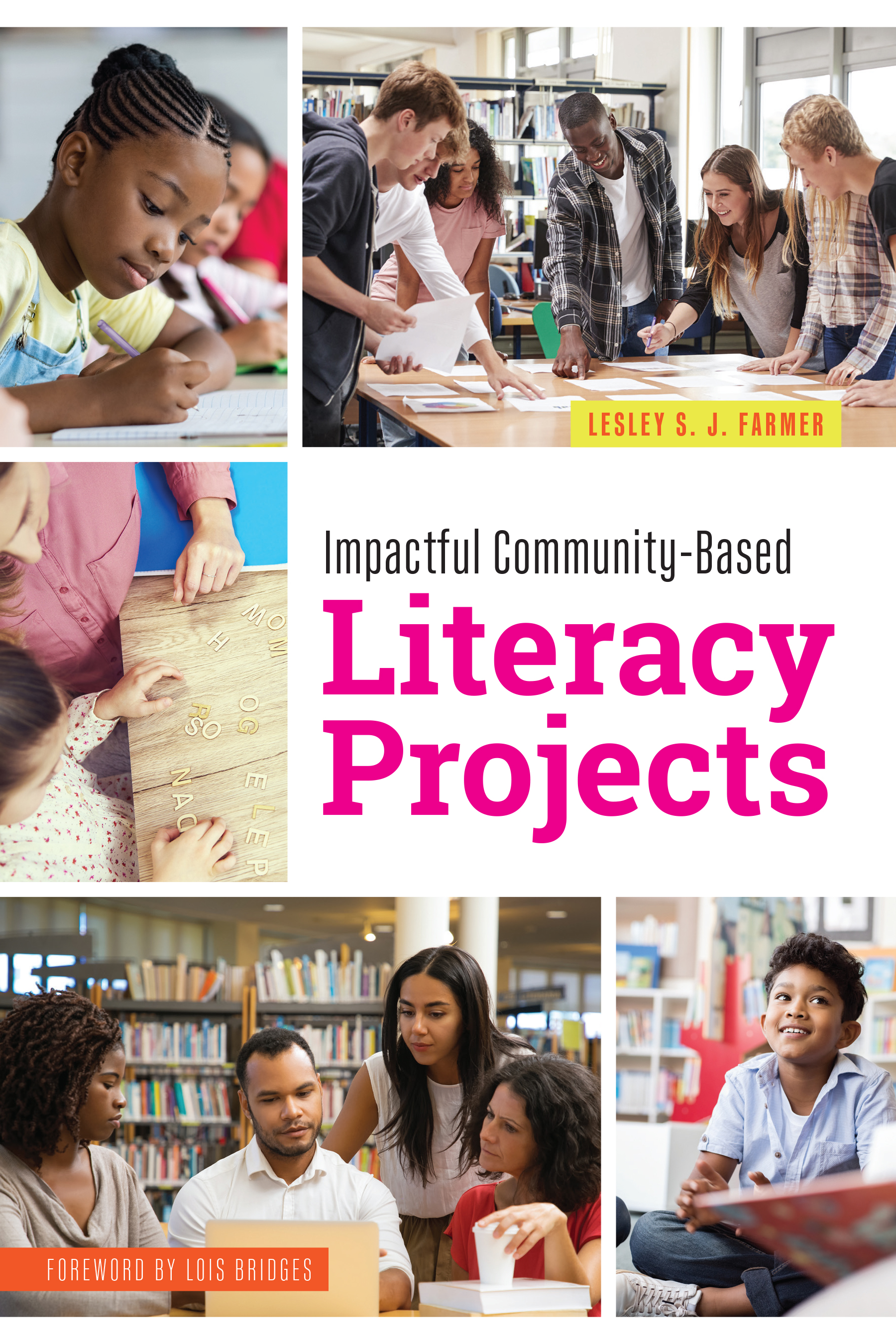Primary tabs
You don't need to be an ALA Member to purchase from the ALA Store, but you'll be asked to create an online account/profile during checkout to proceed. This Web Account is for both Members and non-Members. Note that your ALA Member discount will be applied at the final step of the checkout process.
If you are Tax-Exempt, please verify that your account is currently set up as exempt before placing your order, as our new fulfillment center will need current documentation. Learn how to verify here.
- Description
- Table of Contents
- About the author
- Reviews
Foreword by Dr. Lois Bridges
Inspired by the Library of Congress Literacy Awards Program and its applicants, which have showcased and disseminated innovative literacy initiatives across the country and around the world since 2013, this book provides evidence-based practice guidelines for librarians and educators. To optimize results, the projects in this book blend early literacy benefits, fundamental reading skills, and other foundational concepts with culture- or community-specific sensitivity and leveraging. They’re adaptable based on age, audience, size, resources, and budget; and most importantly, they address social inequities and foster cross-culture interactions. Inside, readers will find
- detailed profiles of dozens of successful literacy projects, which include such activities as oral storytelling, the Parent-Child Home Program, a repository of multilingual children’s stories, accessible web readers, personal tutors, and many more;
- an overview of universal steps to literacy, explaining how people learn, generic reading skill development, human developmental issues, and habits of literacy;
- research-based factors for impactful literacy projects;
- discussion of the importance and role of literacy partners such as families, schools and universities, libraries, government agencies, nonprofit organizations, and for-profit entities;
- advice on project planning, including needs assessment, goals and objectives, literacy review, target audience, project personnel, resources, setting and timing, communication, support, implementation, and continuous assessment and improvement; and
- guidance on building capacity, empowering the community, and sustaining a culture of literacy.
Complete with links to additional resources and support materials, this resource details the steps needed to create effective and sustainable projects in your own community.
Foreword: Literacy Is Life by Dr. Lois Bridges
Introduction
Chapter 1 Steps to Literacy
Chapter 2 Literacy Projects
Chapter 3 Literacy Partners
Chapter 4 Literacy Issues
Chapter 5 Applied Literacies
Chapter 6 Planning Literacy Projects
Next Steps
Lesley S. J. Farmer
Dr. Lesley S. J. Farmer, professor at California State University, Long Beach (CSULB), coordinates the Teacher Librarian Program and manages the CSU Information and Communication Technology (ICT) Literacy Project Literacy Project. She earned her MS in library science at the University of North Carolina, Chapel Hill, and received her doctorate in adult education from Temple University. Farmer has worked as a librarian in K–12 school settings as well as in public, special, and academic libraries. She chaired the Special Libraries Association’s Education Divisions and IFLA’s School Library Section. Farmer is a Fulbright scholar and has received national and international grants. She has also been honored with several professional association awards, including the Ken Haycock Award for Promoting Librarianship. Farmer’s research interests include ICT, media literacies, and data analytics. A frequent presenter and writer for the profession, Farmer has published three dozen professional books and more than two hundred professional book chapters and articles. She received the Special Libraries Association's 2023 Rose L. Vormelker Award, which recognizes mid-career members for teaching and mentorship.
Have you read this book? Leave a review!
”With significant experience as an educator and librarian in many settings, Farmer is well qualified to write on this topic. This book is organized into six chapters, following an introduction in which Farmer lays out the importance of literacy worldwide ... Readers will find the many resources provided in the text boxes and references useful. It would be appropriate for professional collections in both public and academic libraries."
— Catholic Library World



